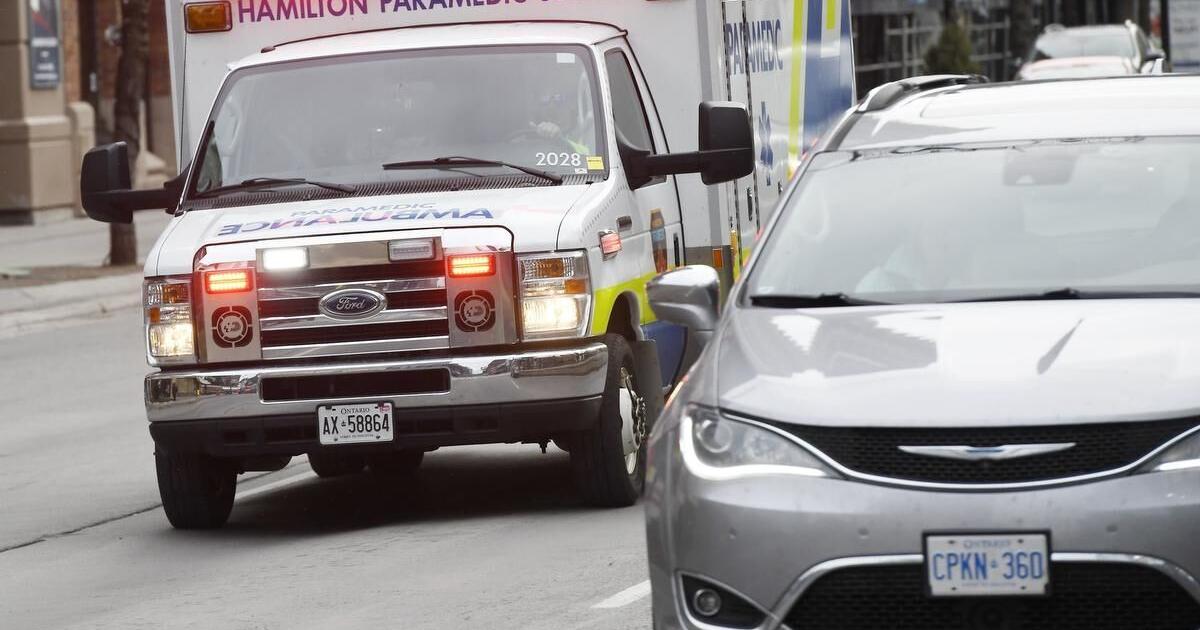- Reaction score
- 1,481
- Points
- 1,260
The 2011 Sunshine List was released today.
Salary disclosure may be of interest to Ontario Paramedic program applicants, and out-of-province AEMCA equivalency applicants.
City of Toronto:
Paramedic Level 1: $138,097.54 ( $515.37 )
Paramedic Level 2: $138,807.39 ( $570.06 )
Paramedic Level 3: $164,536.68 ( $597.88 )
These are examples of top earners. Your results may vary. Salaries include overtime. *
Taxable Benefits are in brackets ( ).
Career Development:
Everyone, from the Chief on down, starts as a Paramedic Level 1. ( TPS and TFS have similar policies. )
Paramedic > Supervisor > Commander > Deputy Chief > Chief.
Supervisor: $165,491.77 ( $737.75 )
Commander: $171,051.83 ( $8,074.09 )
Deputy Chief: $184,316.53 ( $8,244.79 )
Chief: The old Chief retired, and a new Chief was promoted from Deputy in mid-year.
Unmarked cars are the main reason for the higher taxable benefits.
"Paid Duty" is not included in salary disclosure, because the money does not come directly out of the city treasury. Paid duty includes special events, and the TV-film industry:
http://www.torontoems.ca/main-site/service/event-planning.html
* "Equitable Distribution Process for Voluntary Overtime: In order to provide equitable distribution of overtime within a calendar year, Paramedics shall be offered overtime on a rotating basis save and except where periods of reconciliation are required. Such periods are to address the equitable distribution of overtime and shall take place on a quarterly basis."
ie: Seniority has never been a factor when offering overtime. A probie is offered exactly as much OT as anyone else.
Since 1975, all Paramedics work 20 twelve-hour shifts every six-week cycle.
Hours of work, station and partner are permanent. They are not subject to change by the department. ( Some partnerships last over a quarter-century. )
You can bid for any of the fifty stations, apply for one of the various Special Operations units, or apply for promotion to supervisor, when vacancies are posted.
Toronto police officers, firefighters and paramedics have essential service status. They do not have ( and do not seek ) the right to strike, nor can they be locked out. By law, the parties are required to rely on binding interest arbitration to resolve bargaining disputes.
OMERS Supplemental Pension Plan for Police, Firefighters and Paramedics:
http://www.omers.ca/pdf/Supplemental_Plan_handbook.pdf
For aviation enthusiasts,
ORNGE ( top earners ):
Flight Paramedic: $157,624.45 ( $2,837.20 )
Vice President, Operations: $249,843.06 ( $430.77 )
( former Paramedic )
Chief Operation Officer: $306,201.61 ($17,661.52 )
( former Paramedic )
2010 AEMCA salary disclosure:
http://forums.milnet.ca/forums/threads/100171.0.html
Salary disclosure may be of interest to Ontario Paramedic program applicants, and out-of-province AEMCA equivalency applicants.
City of Toronto:
Paramedic Level 1: $138,097.54 ( $515.37 )
Paramedic Level 2: $138,807.39 ( $570.06 )
Paramedic Level 3: $164,536.68 ( $597.88 )
These are examples of top earners. Your results may vary. Salaries include overtime. *
Taxable Benefits are in brackets ( ).
Career Development:
Everyone, from the Chief on down, starts as a Paramedic Level 1. ( TPS and TFS have similar policies. )
Paramedic > Supervisor > Commander > Deputy Chief > Chief.
Supervisor: $165,491.77 ( $737.75 )
Commander: $171,051.83 ( $8,074.09 )
Deputy Chief: $184,316.53 ( $8,244.79 )
Chief: The old Chief retired, and a new Chief was promoted from Deputy in mid-year.
Unmarked cars are the main reason for the higher taxable benefits.
"Paid Duty" is not included in salary disclosure, because the money does not come directly out of the city treasury. Paid duty includes special events, and the TV-film industry:
http://www.torontoems.ca/main-site/service/event-planning.html
* "Equitable Distribution Process for Voluntary Overtime: In order to provide equitable distribution of overtime within a calendar year, Paramedics shall be offered overtime on a rotating basis save and except where periods of reconciliation are required. Such periods are to address the equitable distribution of overtime and shall take place on a quarterly basis."
ie: Seniority has never been a factor when offering overtime. A probie is offered exactly as much OT as anyone else.
Since 1975, all Paramedics work 20 twelve-hour shifts every six-week cycle.
Hours of work, station and partner are permanent. They are not subject to change by the department. ( Some partnerships last over a quarter-century. )
You can bid for any of the fifty stations, apply for one of the various Special Operations units, or apply for promotion to supervisor, when vacancies are posted.
Toronto police officers, firefighters and paramedics have essential service status. They do not have ( and do not seek ) the right to strike, nor can they be locked out. By law, the parties are required to rely on binding interest arbitration to resolve bargaining disputes.
OMERS Supplemental Pension Plan for Police, Firefighters and Paramedics:
http://www.omers.ca/pdf/Supplemental_Plan_handbook.pdf
For aviation enthusiasts,
ORNGE ( top earners ):
Flight Paramedic: $157,624.45 ( $2,837.20 )
Vice President, Operations: $249,843.06 ( $430.77 )
( former Paramedic )
Chief Operation Officer: $306,201.61 ($17,661.52 )
( former Paramedic )
2010 AEMCA salary disclosure:
http://forums.milnet.ca/forums/threads/100171.0.html


